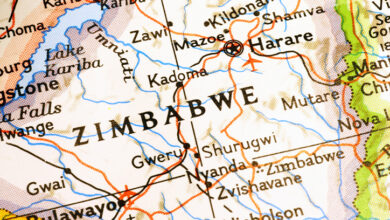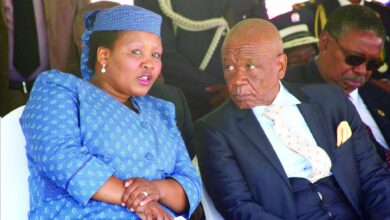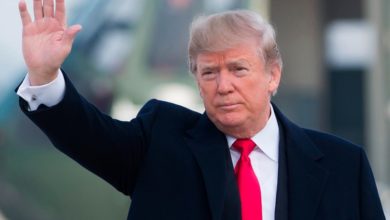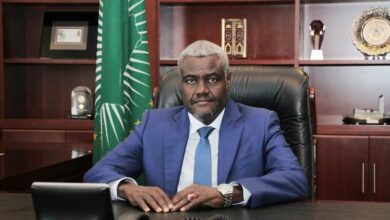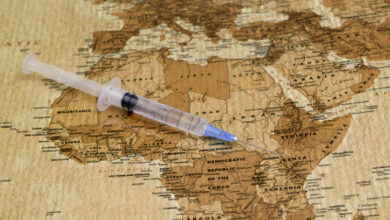World
Guinea: Opposition Parties Vow To Boycott Presidential Election Set For February 2020
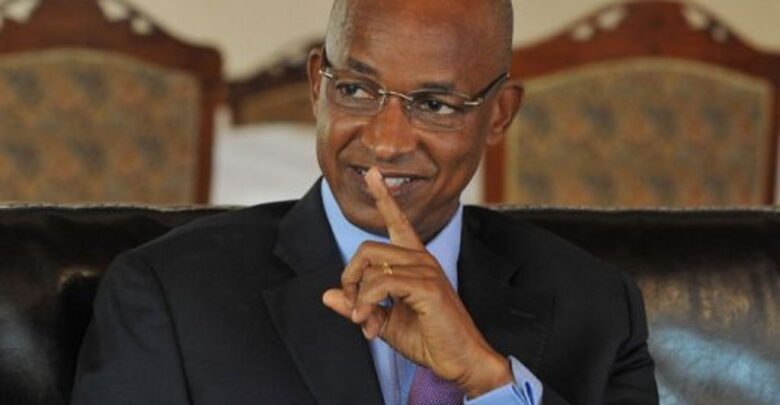
Opposition parties in Guinea vowed on Monday to boycott the upcoming legislative elections and prevent them from taking place. The country is set to have a presidential election in 2020, but the exact date for the votes has not yet been finalized.
“We have decided we cannot take part,” opposition chief Cellou Dalein Diallo said after meeting with the heads of around 20 opposition groups, reported News 24.
Diallo added that they will not only boycott the elections but also prevent the elections from taking place. He said that the names of minors have been included on the electoral lists in large numbers, while people who actually had the right to vote had been blocked.
“We cannot accept having an election based on this electoral roll,” Diallo said.
Another opposition leader Etienne Soropogui, said the parties have taken an important decision of not running against President Alpha Conde in the February 2020 elections until their conditions of free and transparent elections are met.
Guinea is already facing mass demonstrations sparked by reports of Conde, 81, seeking to stay in office beyond the legally mandated two terms. Conde has governed since 2010, and his second and final five-year term finishes next year.
About 20 people have died since the protests began in mid-October, and one gendarme has also been killed. Hundreds of people have been arrested. Civil rights campaigners claim the police have used excessive force and carried out arbitrary arrests.
Last week, Conde announced that he is seeking a new draft constitution to replace the 2010 version. It is believed that he will hang onto power beyond the end of his constitutional mandate by bringing about a change in the constitution. The announcement has sparked a fresh wave of accusations that he was planning to extend his rule. A nationwide protest is set for Friday.


